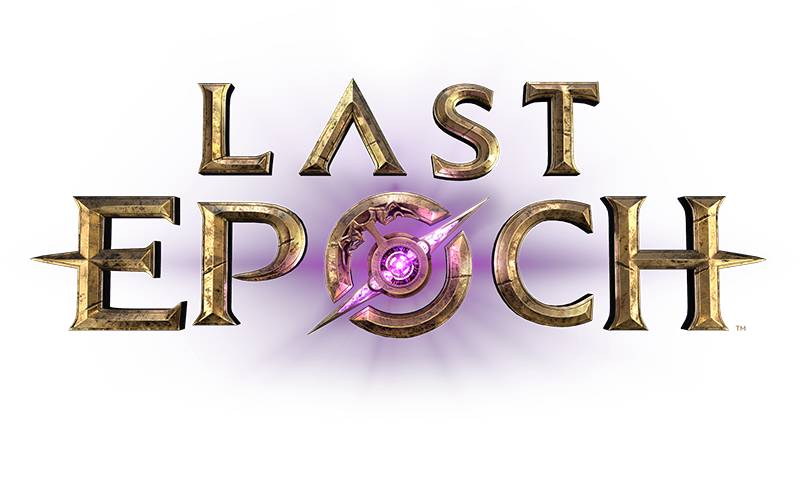As I previously pointed out, this makes crafting not a meaningful game mechaninc, but merely a tool that carries the players from one mechanic to another. It is a perfectly reasonable thing to want, but it is not what I personally would enjoy. I should say that I do not think that this is necessarily more ethical than the alternative, but this is not really a discussion I am inclined to engage in, so I propose that we agree to disagree on this matter.
With regards of the discussion of puzzle, I used the term puzzle in a very loose sense. When I say puzzle I mean puzzle in the same way Zachtronic games are puzzles. You are asked to complete a complex task with a set of tools, which you need to learn and master. In these games there are different degrees of suceess, getting a solution is an option, but you can also challenge yourself to getting the most optimized solution either in terms of time or resources. Sometimes this implies creating spreadsheets and such, but these games are not worse for it. In these games it is rare that you land on the solution to the problem, what you get is a solution that you are satisfied with.
In the same way, in a sufficiently complex crafting system, there is the first challenge of being able to craft the item in the first place.
But then there is also the additional challenge of making it in the most efficient way possible, or maximizing the chances of success, or improving the outcome.
In most cases different items are going to be similar enough that a lot of what has been learned can be carried over, but still require some ad-hoc decision making for the specifics of the item you are trying to create.
But in order for such an experience to happen, the system needs to be not completely straight-forward.
If there were an Item creation wizard that tells you exactly step-by-step how to create every single item there would be no room to problem-solve, you just follow what you are told, and you get your item.
As I mentioned in my previous post, LE is still very young, so its crafting system does not really have the depth that I am describing, and instead heavily relies on RNG.
It is not even a given that this will be the direction the crafting system will go, however I would be my personal choice.
I find this quite hyperbolic, especially when refferring to LE.
But also, what is the problem with relying on community resources?

